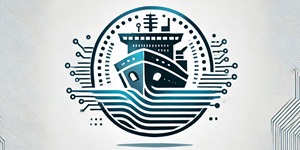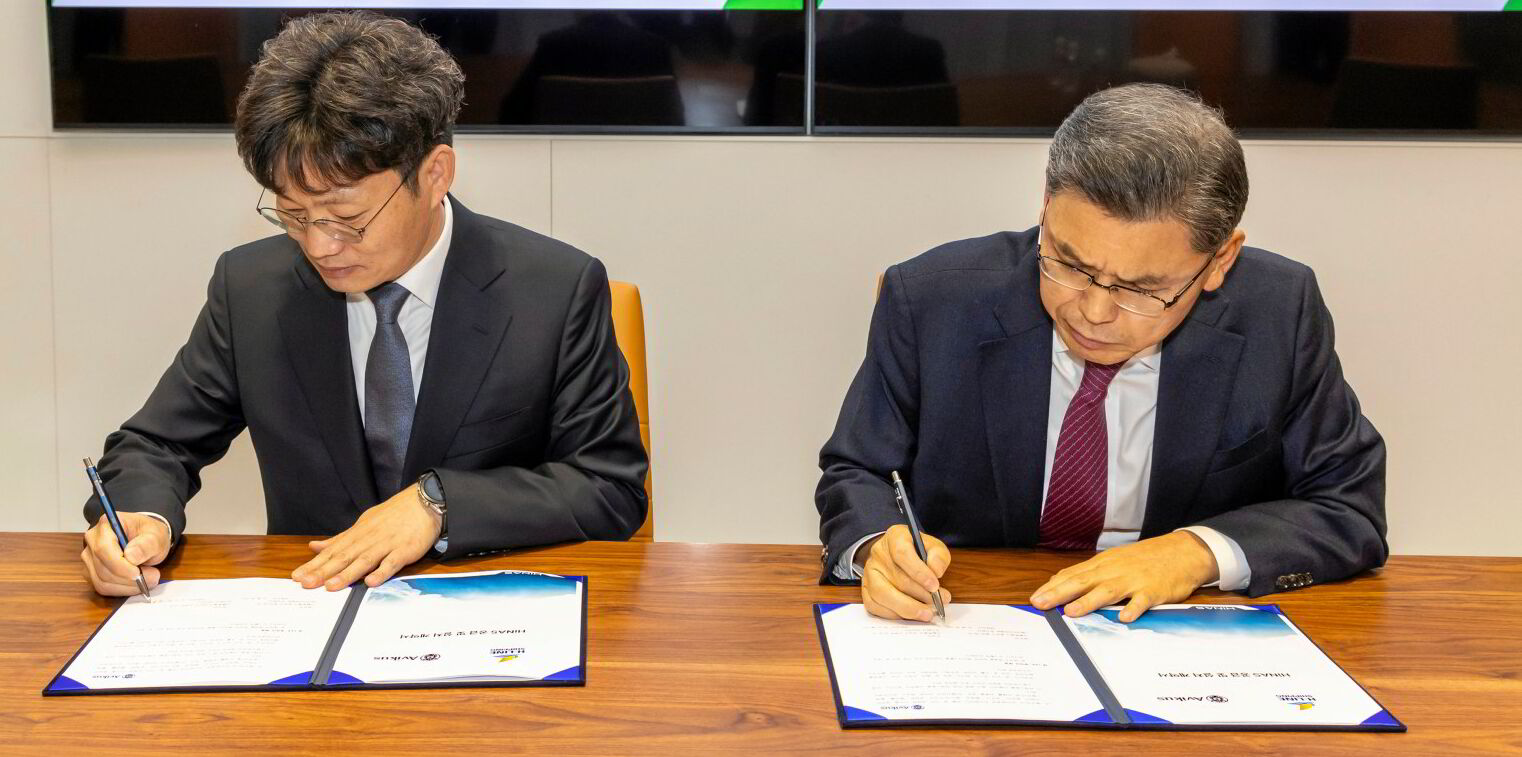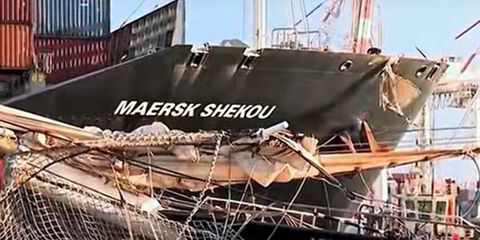H-Line, one of South Korea’s largest shipowners, is to install autonomous navigation systems on up to 30 vessels.
The company has opted to use an AI-based tool from Avikus, the autonomous navigation system division of HD Hyundai.
The shipowner will deploy Avikus’ Hyundai Intelligent Navigation Assistant System (HiNAS) on five vessels initially and then across the remaining 25 once the expected safety and efficiency improvements have been validated.

Avikus says the system integrates information from bridge equipment and sensors to guide and control vessels to achieve optimal routing and speed.
The system provides autonomous control to level two of the International Maritime Organization’s autonomous ship code, which means that crew are still on board.
Autonomous and unmanned ships are known in regulatory circles as maritime autonomous surface ships (MASS).
The IMO MASS code describes four levels of autonomy where the first two degrees are with seafarers on board and degree three is for vessels without seafarers and are remote controlled. Level four is for crewless vessels which are operated by fully autonomous systems that can make decisions for themselves.
For H-Line, the main purpose for opting for the AI-based tool is to enhance operations safety, reduce crew workload and enhance fuel savings.
“Technological innovation is essential to actively address increasingly stringent environmental regulations and create a sustainable future,” H-Line shipping chief executive Myung-deuk Seo said.
Avikus has claimed a 15% fuel saving on a 9,344 km voyage. It says it has already won orders for 500 HiNAS systems being installed on newbuildings and retrofits. (Copyright)



